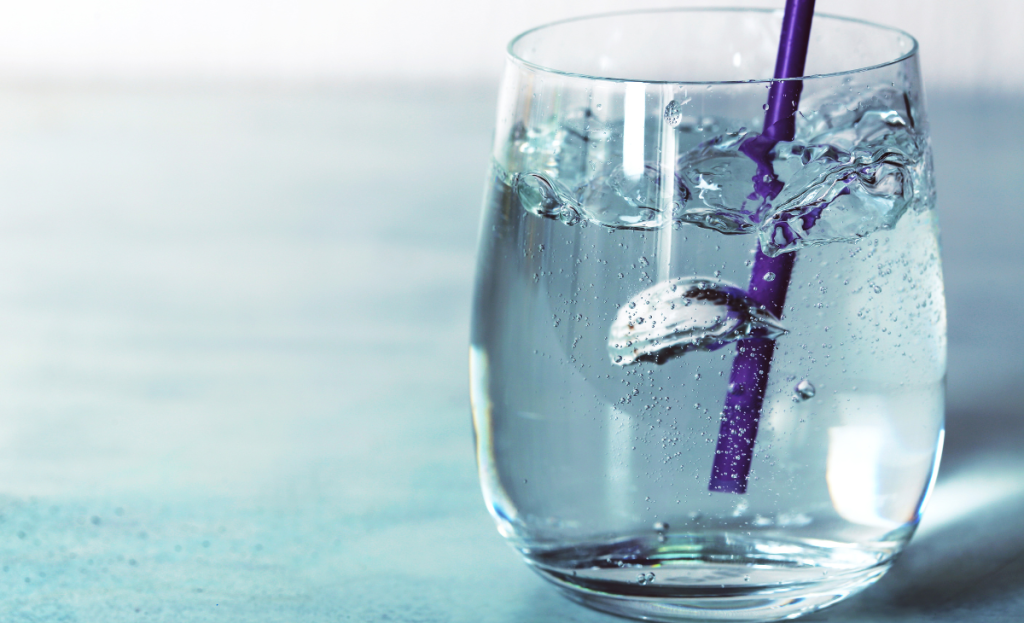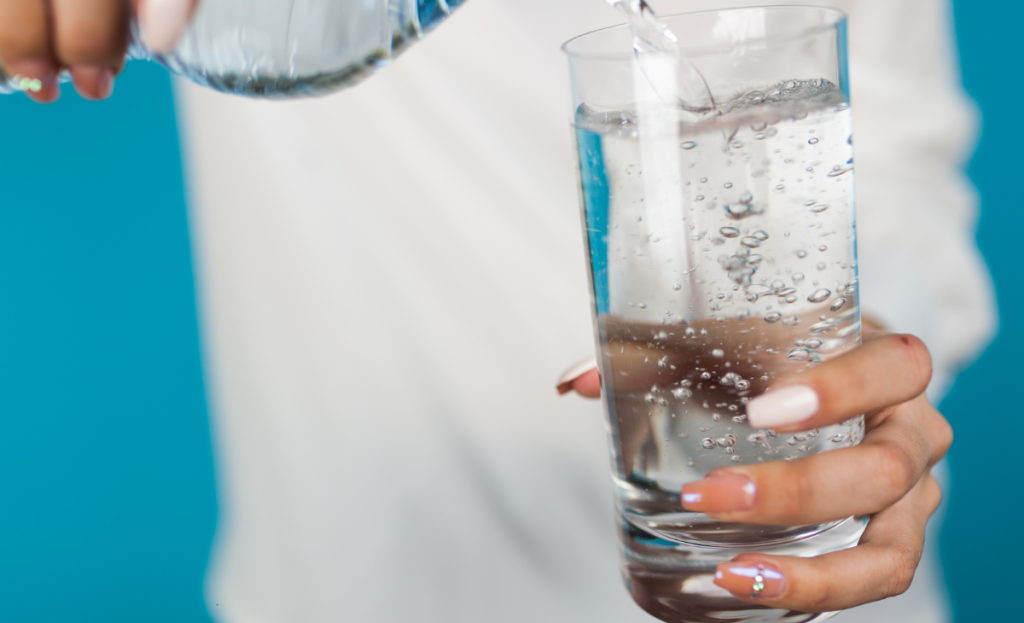
7 Warning Signs of Dehydration You Should Never Ignore
Dehydration is a very normal condition that can affect anyone independent of their age or family. It happens when the body expels more fluids than it consumes, disrupting its ability to function best. Understanding the symptoms of dehydration is important for your well being and avoiding complications.
We, at Sisters Nursing Services, has a mission to educate people about their health such that they can make better decisions. One of the first steps towards a healthier life is understanding dehydration.
What is Dehydration?
Dehydration occurs when your body has too little water to carry out its vital functions. Water is essential for temperature regulation, digestion, and proper cellular, tissue, and organ function.
Even mild dehydration can cause unwanted symptoms, while moderate-to-severe dehydration can lead to life-threatening complications.
Common Signs of Dehydration:
Identifying the early symptoms of dehydration can prevent them from becoming more serious. These are the most frequently observed symptoms to look out for:
Increased Thirst: Severe thirst is usually the body’s first sign that you need to drink more water.
Dry Mouth and Skin: A dry mouth and skin that isn’t humid or less elastic are signs of dehydration.
Dark-Colored Urine: Light yellow or clear urine is a sign of healthy hydration. If your urine is dark yellow or amber-colored, it’s a sign of dehydration.
Fatigue and Weakness: Dehydration steals your energy and makes you feel exceptionally tired or weak.
Dizziness or Lightheadedness: A fall in blood pressure from dehydration may make you feel dizzy or lightheaded.
Headaches: When dehydrated, your brain temporarily shrinks from fluid loss causing headaches or migraines.
Rapid Heartbeat: When the body loses fluid, the organ may struggle to keep blood pumped around, leading to a quicker-than-normal heart rate.
Lack of Sweat:
If you do not sweat even in heat or when doing physical exercises, it may mean you are dehydrated.

What Causes Dehydration?
There are many things that can cause dehydration, including:
Skimping on water: Not drinking enough over the course of the day
Excessive sweating: typically triggered by movement or warm climate.
Illness: Conditions such as diarrhea, vomiting or fever increase fluid loss.
Certain medications: Diuretics, prescriptions for high blood pressure, can cause dehydration.
“Learn more about the causes of dehydration from the World Health Organization.”
Who Is Vulnerable to Dehydration?
Although anyone can become dehydrated, some groups are at greater risk:
Infants and children: Increased susceptibility due to decreased body weight and higher rates of fluid turnover.
Older adults: Seniors can be at risk from a decreased sense of thirst and some medical problems.
Athletes: High-intensity workouts can lead to significant fluid loss.
Individuals with chronic illnesses: Such as diabetes or kidney disease can also make someone more likely to be dehydrated.
How to Prevent Dehydration?
The solution to preventing dehydration is simple but takes frequent diligence. Here’s how:
Stay Hydrated: Be sure to drink — at least 8-10 glasses of water every day, even more if you’re active or out in the heat.
Monitor Urine Color: Well-hydrated urine is light yellow or clear.
Eat Water-Rich Foods: Eat water-dense foods like cucumbers, watermelon and oranges.
Be Cautious When Sick: If sick — especially with diarrhea, fever or vomiting — drink extra fluids.
Set Hydration Reminders: Set up apps or alarms to encourage you to drink water at regular intervals throughout the day.
“For more tips on preventing dehydration, visit the Better Health Channel.”

FAQs About Dehydration:
What are the first signs of dehydration?
Early symptoms are thirst, dry mouth, fatigue, and dark-colored urine.Does Dehydration Cause Headaches?
Yes, dehydration is a common cause of headaches and migraines.How many liters of water should we consume every day?
Shoot for 8-10 cups a day for adults, but this varies based on exercise and climate.
What if I feel dehydrated?
Immediately drink water, and if symptoms persist, think of oral rehydration solutions.Is dehydration dangerous and potentially life-threatening?
Dehydration so severe that it can cause complications such as kidney failure or heatstroke — life-threatening without timely treatment.
Conclusion and Call to Action:
Dehydration is a preventable condition that can have significant impacts on your health if left unchecked. By recognizing the signs of dehydration and taking proactive measures, you can maintain optimal health and well-being.
Start your health journey today! At Sisters Nursing Services, we’re here to help you with expert care and education. Contact us now to learn more about our services and how we can help you lead a healthier life.



